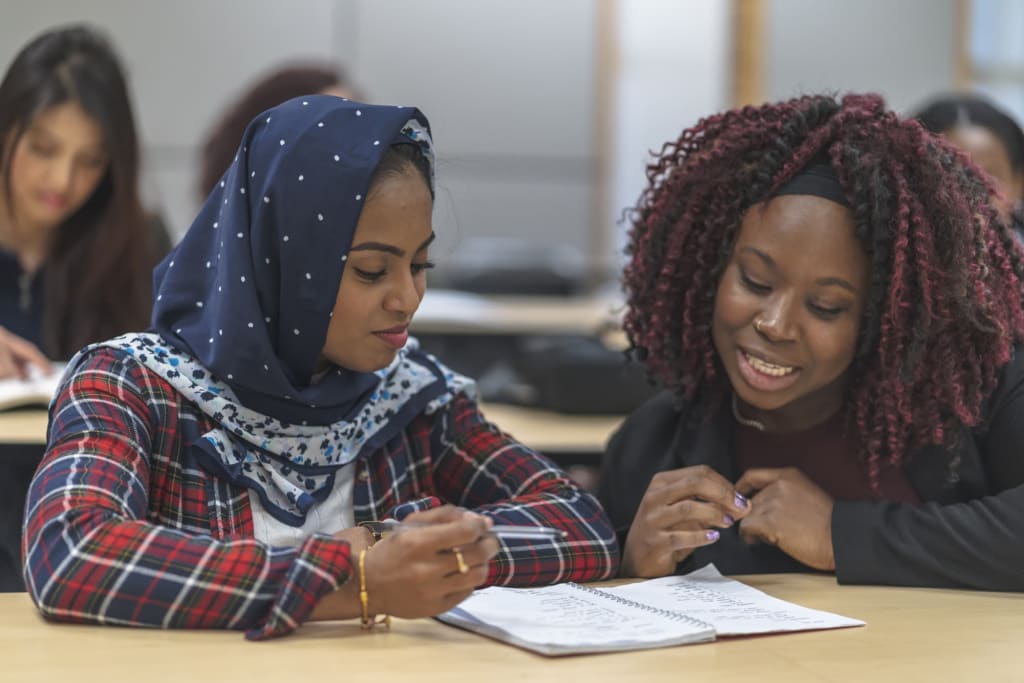In today’s diverse and multicultural society, it is important for educators and school administrators to create an inclusive and supportive environment for all students, including Muslim students. By being aware of the unique cultural and religious needs of Muslim students, educators can help create a welcoming and supportive atmosphere that fosters academic success and personal growth.
Here are some tips on how to support Muslim students in the school setting:
1. Awareness and Education: Educators should take the time to educate themselves about Islam and the cultural practices of Muslim students. This can help teachers better understand the needs and perspectives of Muslim students, as well as promote empathy and understanding among all students in the classroom.
2. Respect and Inclusivity: It is important for educators to show respect for the religious beliefs and practices of Muslim students. This includes respecting dietary restrictions, dress codes, and prayer schedules. By creating a welcoming and inclusive environment, educators can help Muslim students feel safe and valued in the school community.
3. Accommodations: Schools should make accommodations for Muslim students to practice their religious beliefs. This can include providing space for prayer, allowing students to take breaks for religious purposes, and offering halal food options in the cafeteria. By accommodating the religious needs of Muslim students, schools can help create a more inclusive and supportive environment for all students.
4. Addressing Islamophobia: Unfortunately, Muslim students often face discrimination and Islamophobia in the school setting. Educators should take a firm stance against racism and discrimination, and work to create a safe and welcoming environment for all students. This can include implementing anti-bullying policies, promoting diversity and inclusion, and providing resources for students who experience discrimination.
5. Communication and Collaboration: It is important for educators to communicate openly with Muslim students and their families. By building strong relationships and fostering open communication, educators can better understand the needs and concerns of Muslim students, and work together to create a supportive and inclusive school environment.
By following these tips, educators can help create a more inclusive and supportive environment for Muslim students in the school setting. By promoting respect, understanding, and inclusivity, educators can help all students feel valued and supported, regardless of their cultural or religious background. Together, we can create a more welcoming and inclusive school community for all students.
